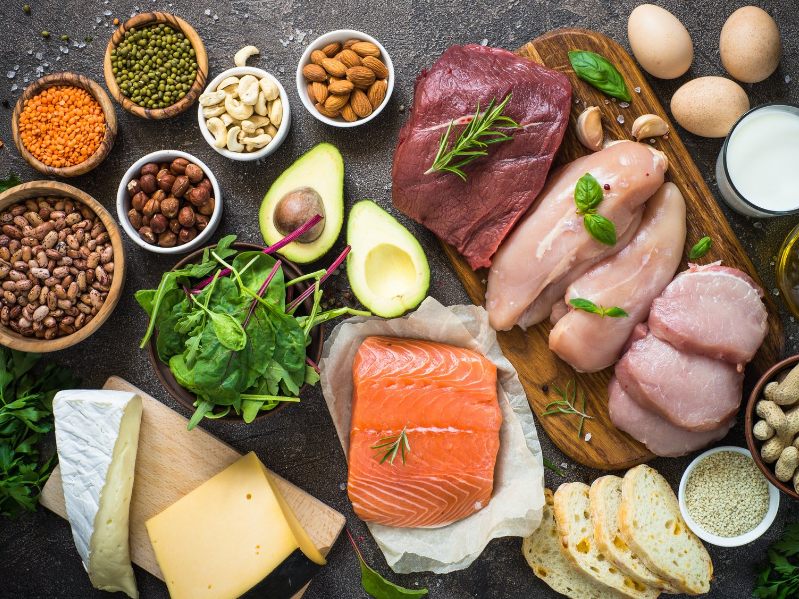Sometimes when you have diabetes, when you eat food is just as important as what you eat. Maintaining a constant flow of food through your system without causing high blood sugar can be a hard thing to do. But once you find out what schedule works best for you, you’ll also have more flexibility and better control of your diabetes.
Diabetics are advised to eat several small meals or three main meals throughout the day. A typical day might look like this:
- Wake up and eat breakfast
- Morning snack
- Lunch
- Afternoon snack
- Dinner
- Snack before bed
The time between each meal or snack should be two to three hours. This may vary a bit depending on what you ate at the previous meal, your activity level, and how you feel. When you feel hungry or dizzy don’t wait any longer to eat. Measure your blood sugar levels and move up your meal time. All it takes is waiting 20-30 minutes without eating for your blood sugar level to drop dangerously low.
In addition to food, you may also consider mixing in diabetic blood sugar supplements (read these reviews of the best formulas) to your daily routine. We recommend Diabazole or Glucose MD.
The only time you might want to wait longer is between dinner and a bedtime snack. Most of the time, dinner is the largest meal of the day and is not necessary to eat right away after. Another reason to wait longer is to make sure you have enough food in your system before bed to last you through the night without lowering blood sugar too much.
If you eat too many times a day, consider eating smaller portions. When you eat this way (less often), it will be easier on your body to regulate a healthy blood sugar level.
If you are hungry between meals
There will be times when you will have finished your meal or snack and you will be hungry again before the next meal or just before going to bed. Depending on how long you have until you are supposed to eat again and what is your blood sugar level, you want to move meal time up or eat another small snack.
If this happens frequently, it’s time to review your diet and meal plan. If you have recently added more physical activity to your daily schedule, you should also increase your food intake to compensate for the extra energy you consume. Consider these tips. If this isn’t the case and you do not know why your appetite or current food intake has increased, the plan has stopped working. Talk to your dietitian to see if there are any changes in that can be done to prevent this from happening.
If you have gestational diabetes, it is recommended to have a snack before bedtime to fill you up until morning. It will also be important to have a night snack if you inject insulin before bed to prevent low blood sugar overnight. If none of these scenarios apply to you, you can have some food before bed if you are hungry. Broth (beef or chicken broth) can stave off hunger pangs and cause you to fall and stay asleep. After all, not sleeping well can have deadly consequences.
If you are hungry at night and your blood sugar is low, eat something to increase your glucose level. If this happens frequently, you may not be eating enough food for dinner. Try adding a protein or carbohydrate to see if it makes any difference.

Gabrielle enjoys writing, exercising, traveling, and meeting new people. She also has a passion for romance novels and smooth lattes.
